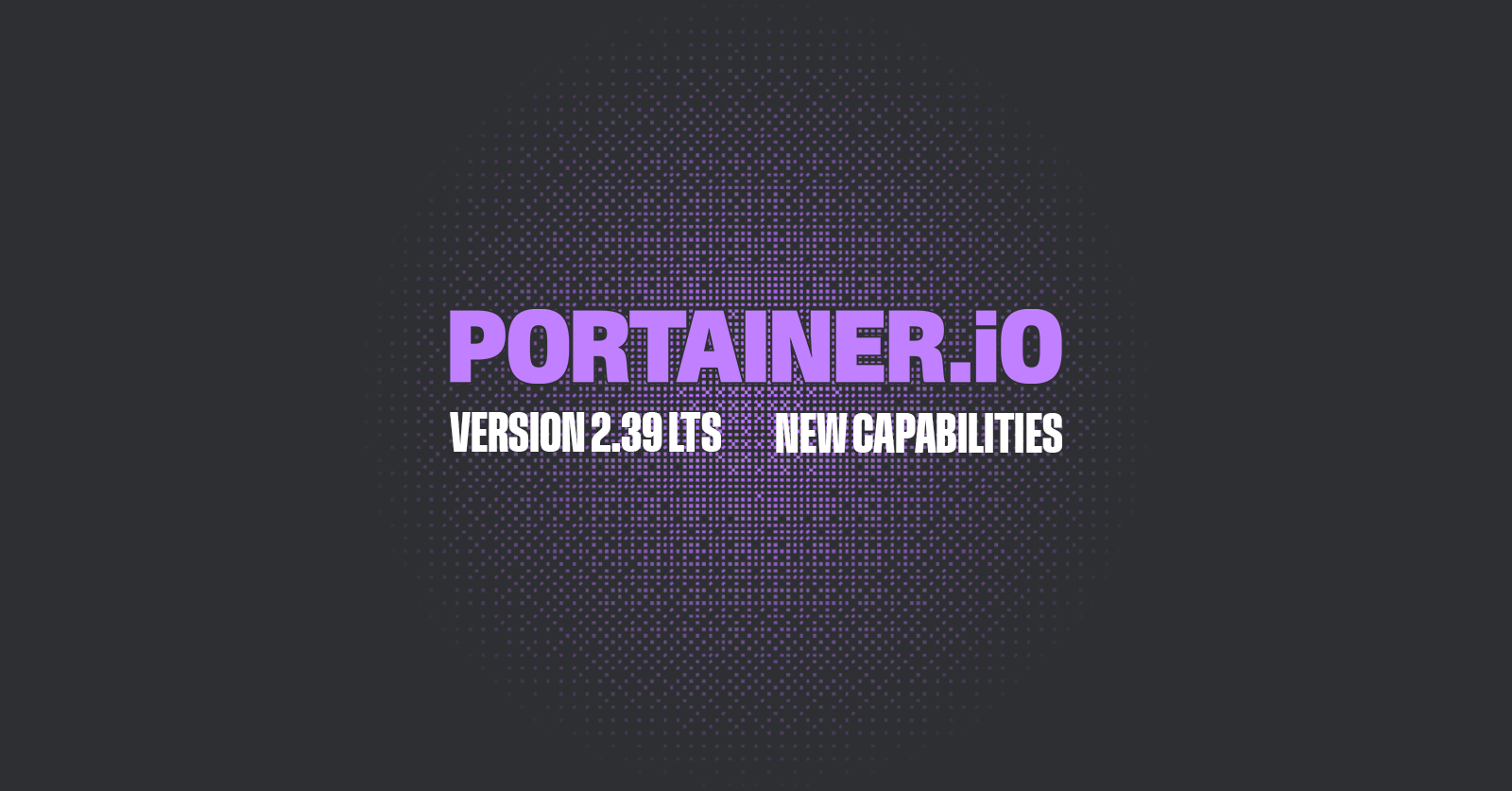Background
Koton is a large, textile company based in Turkey with more than 500 retail stores in Turkey and around the world. Like many organizations, Koton is on a journey to containerization and they decided to use Kubernetes deployed in an on-prem environment as their preferred configuration.
The Challenge
Koton has around 100 people in its IT team with 25 software developers. The team has little K8s expertise but recognizes containers/Kube is the future. With limited in-house knowledge of Kubernetes, they set out to find a Kubernetes management platform that would allow them to use Kubernetes, whilst avoiding the overhead of having to learn how to write YAML etc.
The Decision to Choose Portainer over OpenShift
Suat Urgurlu, Associate Director, Technology Solutions and IT Security said “We initially looked at Red Hat’s OpenShift, however we found it to be too expensive and complicated for this beginning stage in our journey”. Instead, Suat’s research into alternative container management platforms for OpenShift, brought him to Portainer. Suat was pleasantly surprised at Portainer’s ability to deliver on deployment of apps, as well as the critical security and governance features that would allow Koton’s team to safely manage the containers. Suat also found Portainer’s price per node model easy to understand and excellent value for money. He decided that Portainer would allow the Koton team to educate themselves on containerized apps without having to make a large, upfront investment.
Suat said “We picked Portainer over OpenShift because it was really easy to set up and use. It contains all the features we need and few that we don’t. The GUI is intuitive and the team has found it easy to integrate into their workflows. Compared to other products in the market, Portainer represents great value for money, particularly given the quality of support we’ve received.”
The Results
Portainer enabled the Koton team to easily deploy and manage their first containerized apps and Suat expects that number to scale to 100s of apps over the course of the next few months. Koton’s apps are all based on a micro-service architecture and are critical to the running of the business.
Suat continued “With Portainer, deployment time has decreased significantly. It takes very little time for developers to publish the apps into our production environment using the GUI. We plan to move to an automated GitOps-based deployment model in due course, which is another reason for selecting Portainer as it has a GitOps engine already integrated into the platform”.
Suat was able to set up the platform himself using Portainer’s extensive documentation and has found Portainer to be comprehensive, easy to use and highly fault tolerant.
In fact the team could not believe how easy it was to use Kubernetes. Suat asked "When should we decide to use these other platforms such as OpenShift. For now, I can see I can do nearly everything here, what other requirements would force us to use something else?" Suat's team went on to comment, "we are not used to managing these things so easily. Sometimes we wonder if there's something else because it is so easy." CEO Neil Cresswell replied, "try it without Portainer, and you will see it's not so easy, the most difficult part - the set up and implementation - you are already passed that point now."
,Koton will continue to work on the platform to make it more efficient. They will continue to add on more apps in the future and also start to use tools such as Prometheus and Grafana for improved analytics.





